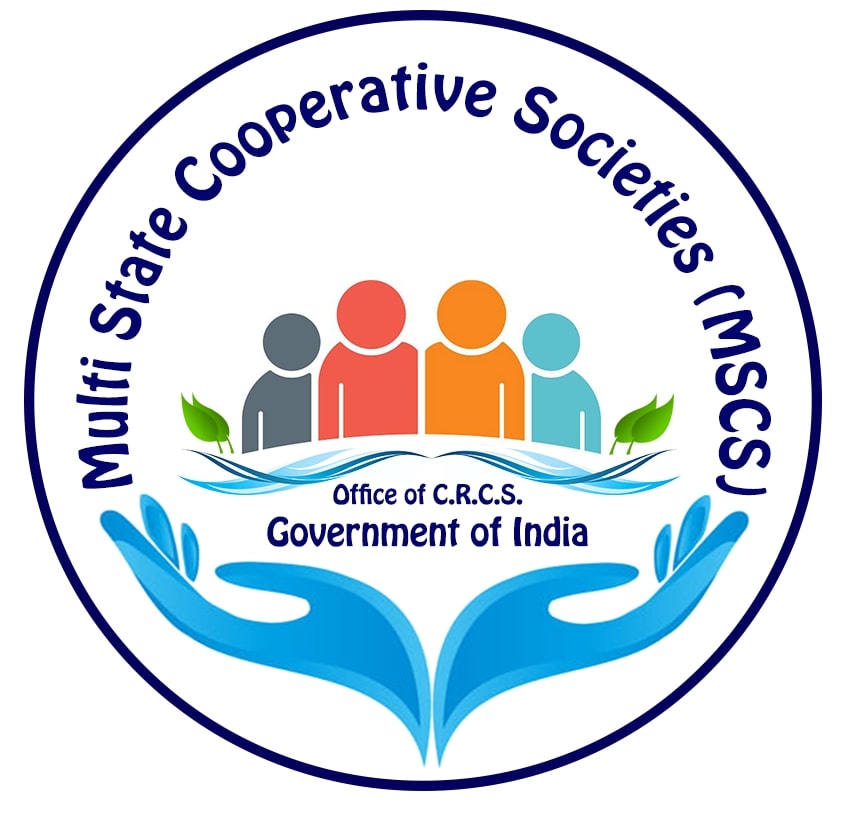What’s in today’s article?
- About MSCS (Meaning, Functions, Challenges)
- Key Provisions of the MSCS Amendment Act, 2022
Why in News?
- The Bill to amend the Multi State Cooperative Societies (MSCS) Act, 2002 was introduced in the Lok Sabha on the first day of the Winter Session on December 7.
- Later, the Lok Sabha referred the Bill to a joint committee of Parliament comprising 21 members from the Lower House and 10 from the Upper House.
What are Multistate Cooperative Societies?
- Cooperatives are a ‘State’ subject in the 7th Schedule of the Constitution.
- However, there are many societies such as those for sugar and milk, banks, milk unions etc whose members and areas of operation are spread across more than one state.
- The Multi State Cooperative Societies (MSCS) Act, 2002 was passed to govern such cooperatives.
- For example, most sugar mills along the districts on the Karnataka-Maharashtra border procure cane from both states.
- They draw their membership from both states, and they are thus registered under the MSCS Act.
- Their board of directors has representation from all states they operate in.
- Since MSCS Act was enacted, 1,479 such societies have been registered.
- Maharashtra has the highest number at 567, followed by Uttar Pradesh (147) and New Delhi (133).
What are the issues with MSCS?
- MSCSs were formed to ease the operation of collectives throughout the country.
- However, MSCSs are facing issues regarding trust, which is the very basis of cooperation.
- MSCSs were, therefore, brought under the Prevention of Money Laundering Act, 2002 in 2018, and all urban and MSCS banks were brought under the radar of the Reserve Bank of India in 2020.
- These developments have brought MSCSs under multiple controls from the Centre, giving rise to fears that monitoring would take a top-down approach as opposed to a grassroots one.
- Also, in 1991, the Choudhary Brahm Prakash Committee of the planning commission made far-reaching recommendations to reorganise MSCSs, but the MSCS Act was not enacted as per the report.
What does the Multi-State Cooperative Societies (Amendment) Bill, 2022 seek to change?
- To plug the “loopholes” in the MSCS Act, the Centre introduced a Bill seeking to amend the 2002 law for more “transparency” and increase the “ease of doing business”.
- The Bill proposes merger of any cooperative society into an existing multi-state cooperative society.
- As per the present law, only multi-state cooperative societies can amalgamate themselves and form a new multi-state cooperative society.
- The Bill also seeks to improve the composition of the board and ensure financial discipline, besides enabling the raising of funds in MCSCs.
- Central Election Authority –
- The Bill provides for the creation of a central Co-operative Election Authority to supervise the electoral functions of the MSCSs.
- The Authority will have a chairperson, vice-chairperson, and up to three members appointed by the Centre.
- Centralised Fund –
- The Bill envisages the creation of a Co-operative Rehabilitation, Reconstruction and Development Fund for the revival of sick MSCSs, financed by existing profitable MSCSs which will have to deposit either Rs. 1 crore or 1% of their net profit.
- In order to make the governance of these societies more democratic, transparent and accountable, the Bill has provisions for appointing a Cooperative Information Officer and a Cooperative Ombudsman.
- To promote equity and inclusiveness, provisions relating to the representation of women and Scheduled Caste/Scheduled Tribe members on MSCS boards have been included.
- The bill also proposes to insert a new Section relating to concurrent audit for such multi-state societies with an annual turnover or deposit of more than the amount as determined by the Centre.
Q1) What is a Cooperative?
A cooperative is an association of persons (organization) that is owned and controlled by the people to meet their common economic, social, and/or cultural needs and aspirations through a jointly-owned and democratically controlled business (enterprise).
Q2) Is cooperative society a constitutional body?
Yes. The 97th Amendment granted Constitutional status to cooperative societies and inserted Part IXB in the Constitution which specified several conditions for state laws relating to cooperative societies.
Last updated on June, 2025
→ UPSC Notification 2025 was released on 22nd January 2025.
→ UPSC Prelims Result 2025 is out now for the CSE held on 25 May 2025.
→ UPSC Prelims Question Paper 2025 and Unofficial Prelims Answer Key 2025 are available now.
→ UPSC Calendar 2026 is released on 15th May, 2025.
→ The UPSC Vacancy 2025 were released 1129, out of which 979 were for UPSC CSE and remaining 150 are for UPSC IFoS.
→ UPSC Mains 2025 will be conducted on 22nd August 2025.
→ UPSC Prelims 2026 will be conducted on 24th May, 2026 & UPSC Mains 2026 will be conducted on 21st August 2026.
→ The UPSC Selection Process is of 3 stages-Prelims, Mains and Interview.
→ UPSC Result 2024 is released with latest UPSC Marksheet 2024. Check Now!
→ UPSC Toppers List 2024 is released now. Shakti Dubey is UPSC AIR 1 2024 Topper.
→ Also check Best IAS Coaching in Delhi






















